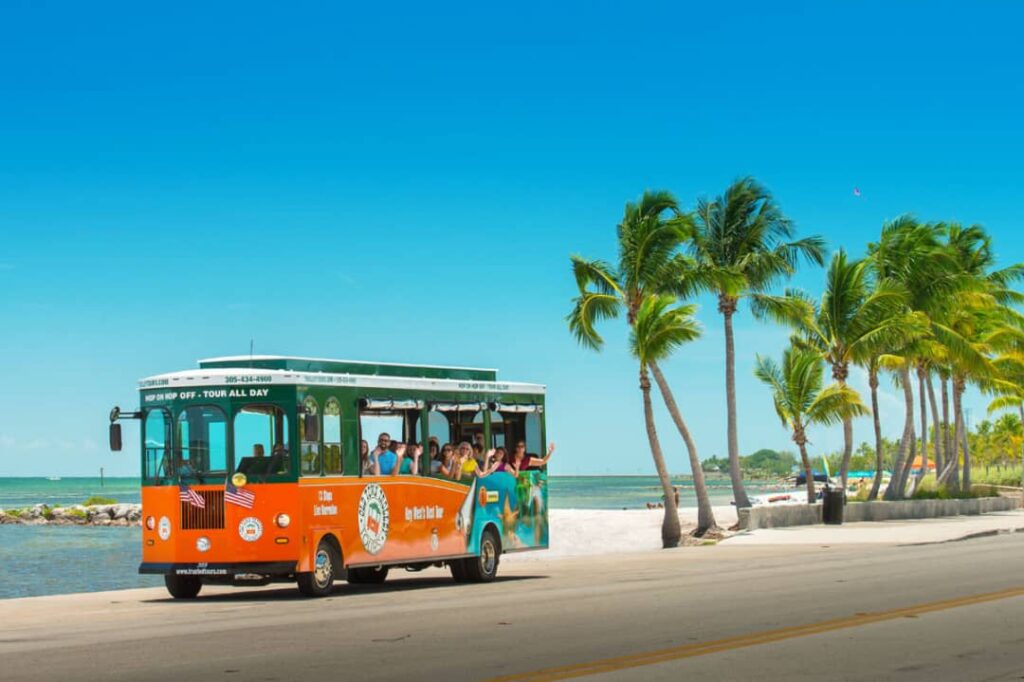Discover Weed in Karaganda: A Human-Readable Guide

Karaganda, located in central Kazakhstan, is an industrial and cultural hub known for its mining history, universities, and vibrant local life. While it may not attract as many international tourists as Almaty or Astana, the city has a growing student population, creative communities, and curious travelers. This combination has led to questions about weed in Karaganda—its culture, legality, and ways to access it.
This guide provides a clear, human-readable overview of cannabis in Karaganda, covering laws, local attitudes, access methods, legal alternatives, and safety tips.
1. Cannabis Laws in Kazakhstan and Karaganda
Before exploring cannabis in Karaganda, understanding the legal framework is essential:
- Recreational cannabis is illegal: Possessing, using, or selling marijuana is prohibited. Even small amounts can result in fines, detention, or criminal charges. Kazakhstan enforces drug laws strictly, and penalties can be severe.
- Medical cannabis is limited: Legal provisions for medical marijuana exist but access is highly restricted and largely unavailable to the general public.
- CBD and hemp products: Low-THC hemp and CBD products exist in a legal gray area. Some oils and hemp-based goods can be found in specialty shops or online, though regulations are inconsistent.
In short, recreational cannabis is prohibited in Karaganda, and anyone exploring it must exercise caution.
2. Local Attitudes Toward Cannabis
Attitudes toward cannabis in Karaganda vary depending on age and social background:
- Students and young adults: Karaganda hosts several universities, including Karaganda State University. Young people are often curious about cannabis but remain discreet due to legal risks.
- Travelers and expats: Some international visitors from countries with more relaxed cannabis policies may explore it privately.
- Older or conservative residents: Many older residents maintain traditional views, associating cannabis with crime or irresponsible behavior.
Overall, cannabis culture in Karaganda exists quietly, mainly in private circles rather than openly in public.
3. Cannabis Culture in Karaganda
Although there is no public cannabis scene, certain areas hint at the city’s underground cannabis presence:
University Districts
Dormitories, shared apartments, and private gatherings are common spaces where cannabis may circulate. Trust is essential due to strict legal enforcement.
Nightlife and Social Hubs
Bars, cafés, and small clubs form the city’s social hubs. Cannabis use is generally private, but nightlife may facilitate introductions through trusted friends.
Creative and Cultural Spaces
Art exhibitions, music events, and cultural workshops attract more progressive communities that are often cannabis-friendly in private settings.
4. How People Access Weed in Karaganda
Accessing cannabis in Karaganda carries risk due to strict laws. Common methods include:
Street Dealers
Occasionally, visitors may encounter street dealers in social hotspots. However, this method is risky:
- Products may be low-quality or counterfeit.
- Police enforcement is active, and legal penalties can be severe.
- Scams targeting newcomers or tourists are common.
Trusted Social Networks
The safest way to access cannabis is through friends, classmates, or private acquaintances. This reduces risk and improves quality, though legal consequences still exist.
Online Communities
Some residents use encrypted messaging apps or private groups to connect with trusted sources. While discreet, this method carries legal danger and should be approached with caution.
5. Legal Alternatives in Karaganda
For those interested in cannabis-like experiences without legal risk, Karaganda offers several options:
- CBD oils and tinctures: Some specialty stores carry CBD products that provide relaxation without psychoactive effects.
- Hemp-based foods and teas: Hemp seeds, protein powders, and teas are sometimes available in health shops.
- Shisha lounges: Social smoking of flavored tobacco offers a communal experience similar to cannabis use without legal issues.
- Wellness centers: Yoga, meditation classes, and spas provide stress relief similar to some effects of cannabis.
These legal alternatives allow residents and visitors to safely explore aspects of cannabis culture.
6. Events and Cannabis-Friendly Atmosphere
While Karaganda does not host cannabis-focused festivals, the city has cultural and social events that attract open-minded communities:
- University gatherings and student parties: Private student events may involve cannabis use among trusted friends.
- Music concerts and festivals: Local and regional music events attract younger audiences more open to cannabis in private settings.
- Cultural exhibitions and creative workshops: Galleries and workshops occasionally draw communities tolerant of alternative lifestyles, including private cannabis use.
Though not explicitly cannabis-oriented, these events foster environments where underground cannabis culture can exist discreetly.
7. Safety Tips for Cannabis in Karaganda
Given Kazakhstan’s strict drug laws, safety is crucial for anyone curious about cannabis:
- Understand the law: Recreational cannabis is illegal, and penalties can be severe.
- Avoid street dealers: Many are unreliable, and police enforcement is strict.
- Do not consume in public: Parks, streets, and nightlife districts are monitored.
- Rely on trusted networks: Friends and acquaintances reduce risk but cannot eliminate legal consequences.
- Consider legal alternatives: CBD products, hemp foods, shisha lounges, and wellness centers provide safe ways to engage with cannabis culture.
Discretion and informed decision-making are essential in Karaganda.
8. The Future of Cannabis in Kazakhstan and Karaganda
Kazakhstan maintains strict drug policies, but gradual cultural shifts are emerging:
- Medical cannabis discussions: Limited allowances for medical use have increased awareness of its therapeutic potential.
- Younger generations: University students and urban youth show curiosity about cannabis and may influence future policies.
- Regional influence: Neighboring countries with more relaxed cannabis laws may encourage Kazakhstan to consider reforms in the future.
Karaganda, with its student population and cultural activities, may see increased interest in cannabis culture, though legalization remains unlikely in the near term.
9. Conclusion
Karaganda is a city with a rich industrial heritage, cultural vibrancy, and youthful energy. While recreational cannabis is illegal, it exists quietly in private circles, particularly among students and creative communities. Public use and street purchases carry high risks, making discretion essential.
For those seeking legal ways to explore cannabis culture, CBD products, hemp-based foods, shisha lounges, and wellness centers provide safe alternatives. Combined with student gatherings, cultural events, and nightlife, these options allow residents and visitors to experience aspects of cannabis culture responsibly.
As awareness of cannabis grows in Kazakhstan, Karaganda may slowly see shifts in attitude. Until then, staying informed, respecting the law, and exploring legal alternatives is the safest way to engage with cannabis culture in this central Kazakh city.

I can also create a SEO-optimized “Karaganda cannabis travel guide” version with headings like “Is Weed Legal in Karaganda?” and “Where to Find Cannabis in Karaganda?” formatted for online readers if you want.
Do you want me to create that version?
